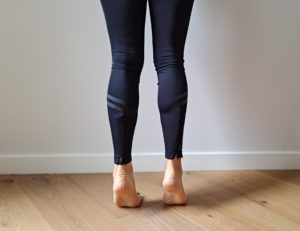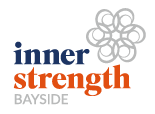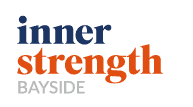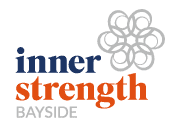Do you Have Tendon Pain?
Tendinopathy is a failed healing response of a tendon and is one of the most common reasons a person will go to their GP with musculoskeletal pain. In the past, terms such as tendinitis and tendinosis were used to describe tendon injuries, however the term tendinopathy is now used to describe overuse in and around a tendon.
One in ten people will suffer tendon pain. Common areas include the rotator cuff of the shoulder, elbow (tennis and golfer’s elbow),  Achilles, patella tendon (jumper’s knee), upper hamstring and buttock (gluteal). Any change in load (such as a change to exercise routine) to the tendon is a major risk factor in both inactive and active people. Other contributing risk factors include smoking, obesity, previous injury, high cholesterol, increasing age, genetics, muscle weakness, medication, biomechanics and inadequate recovery from exercise.
Achilles, patella tendon (jumper’s knee), upper hamstring and buttock (gluteal). Any change in load (such as a change to exercise routine) to the tendon is a major risk factor in both inactive and active people. Other contributing risk factors include smoking, obesity, previous injury, high cholesterol, increasing age, genetics, muscle weakness, medication, biomechanics and inadequate recovery from exercise.
Morning pain can often be a feature of tendinopathy and it is important to listen to this pain, as if there is an increase in morning pain, it can often mean that you have done too much the previous day and you need to reduce that activity.
Physiotherapy Treatment:
Your first option should be to visit your physiotherapist for advice and a strengthening program. Rehabilitation of a tendon can be slow and take up to or sometimes more than 12 weeks.
Once any acute pain has settled it is important to load the tendon in order to rehabilitate it, i.e. use heavy enough resistance to work the tendon until fatigue. Tendon rehab may be one of the only times that your physio allows you to exercise in pain, however it is important to keep pain levels ideally at or below 3 out of 10. You should definitely discontinue the exercise if you reach 6 or more out of ten (on a scale of 0-10 where zero is pain free and 10 is the worst pain imaginable).
Stretching is not really encouraged as this can compress the tendon and irritate it further. Anti-inflammatory medication is also not encouraged as it can slow down healing.
Other treatment options include:
- Cortisone injections – whilst these can help reduce pain, research has also shown that cortisone can reduce the strength of a tendon and impair its ability to heal, therefore pain will often return at some point down the track.
- Platelet Rich Plasma (PRP) – this is where blood is drawn from the patient, spun around and then the plasma is re-injected. It is thought to promote healing of tendons, however research has shown that there is not much difference to placebo for tendinopathy of the Achilles, patellar or elbow.
- Shockwave – this is also thought to reduce pain and promote tissue regeneration. Research shows it may be effective if a patient has not improved after a strengthening program.
If you think you have tendinopathy, please contact us on 8555 4099 or Book Online to see one of our Physiotherapists.


